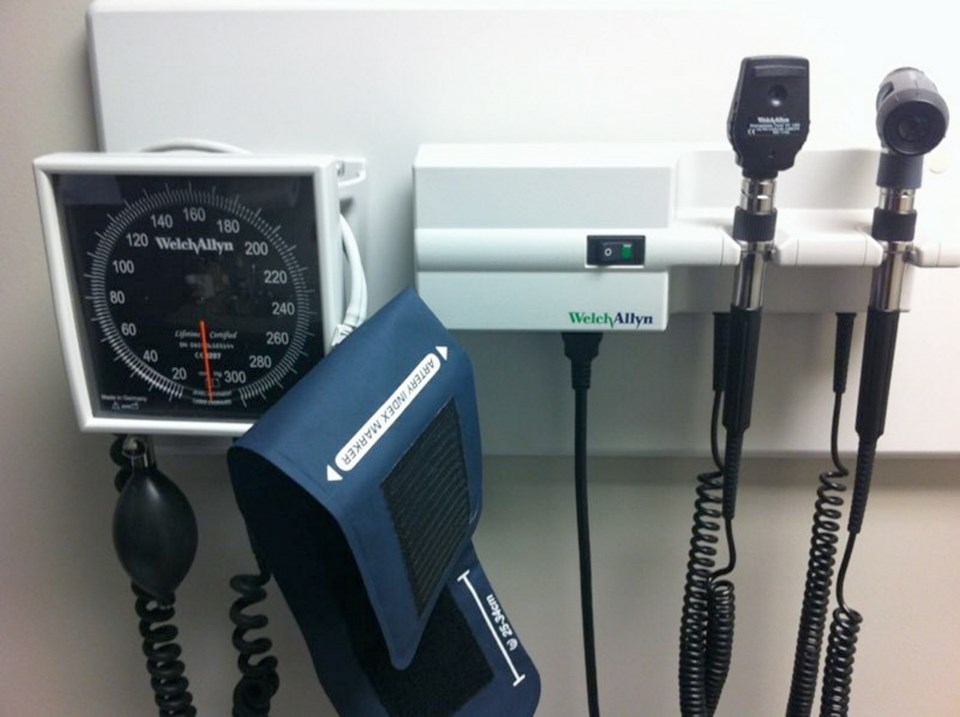Residents of 31 First Nations communities on Vancouver Island will be able to connect with a wide range of health-care providers from home via video calls or secure text messaging in the coming months.
Many First Nations communities are remote and don’t have health-care providers in the community. Instead, they rely on scheduled visits by doctors, nurses, social workers and other providers.
Virtual care will allow patients to have regular access to a full range of health-care providers regularly without having to travel, said Nancy Gabor, virtual-care specialist for Mustimuhw Information Solutions Inc.
“It would be great to be able to use text to be able to communicate with patients and see how they’re doing. Right now, it’s really difficult for care providers to see their patients and check in on them,” Gabor said.
Mustimuhw Information Solutions Inc., owned by Cowichan Tribes, manages electronic medical records in the more than 280 First Nations communities across the country that use its services, as well as an electronic case-management system for Indigenous child and family services agencies.
The expansion to virtual care will be rolled out to all the communities already supported by Mustimuhw’s electronic medical record system, including 31 on Vancouver Island.
Residents will be able to connect with community-health nurses, home-care nurses, mental-health-care providers, social workers, case managers, physical therapists, speech and language therapists and other providers.
“The plan is to be able to enrol any provider that’s looking to work with their clients within that community — we would like to be able to support them to do that,” Gabor said, adding many providers have already expressed interest in transitioning to a mix of virtual and in-person care.
Gabor said one of the biggest challenges is overcoming inconsistent access to broadband and electronic devices. “That’s another one of the uniquenesses in First Nations communities is that there’s inconsistent access to all of the basics that are required for these services,” she said.
Mark Sommerfeld, CEO of Mustimuhw Information Solutions Inc., said the organization expects to roll out virtual options by the fall. The project predates COVID-19, but the organization is considering moving more quickly to integrate technology required for virtual care because of the virus.
The subsidiary of Cowichan Tribes is also working on an electronic prescription service that will allow information to flow directly from doctors to pharmacists, making it easier and faster to fill prescriptions. Patients will no longer have to bring written prescriptions to the pharmacy.
“Especially in the time of COVID-19, you don’t want to be standing around in a pharmacy,” said Perry Kjargaard, senior account director with Canada Health Infoway, the not-for-profit organization responsible for the service.
The service, called PrescribeIT, will reduce the potential for transposing errors, lost prescriptions and privacy breaches and cut waiting time for patients, Kjargaard said. The service is already in use in some clinics and pharmacies in Ontario and Alberta, with pilot projects in Saskatchewan, Newfoundland and Labrador and New Brunswick.
The prescription service is still about eight months from being rolled out in communities supported by Mustimuhw’s community electronic medical record system, Sommerfeld said.
Sommerfeld said the company name, Mustimuhw, was chosen by Cowichan elders and means “all of the people.”
“It was really to capture the idea that health care is about all people. It’s about the clients, it’s about the health-care providers, all working together as a team to support individual and community wellness.”
Cowichan Tribes started working on software tools to improve access to health organizations for their own members about 20 years ago, and set up the company after other nations became interested in using the services, Sommerfeld said.



